The road repair budget is out of date, the data is old and the overall plan to fix the roads is largely ignored in favour of political considerations.
Published Oct 15, 2024 • Last updated 26 minutes ago • 3 minute read

One does not need an auditor general’s report to know that Ottawa’s roads are in bad repair. Average powers of observation will confirm that. However, a recent report by city auditor general Nathalie Gougeon highlights both the magnitude of the problem and feebleness of the city’s plan to address it.
Arterial roads are the most important in the city’s system. It’s reasonable to expect that they should be in good, even very good, condition. As of 2022, 59 per cent of them were in fair or poor condition. Next come collector roads and they’re even worse, with 72 per cent in fair or poor condition. The best roads in the city are the least important, the local roads. The term “best” is relative, with 42 per cent in fair, poor or very poor condition.
Advertisement 2
THIS CONTENT IS RESERVED FOR SUBSCRIBERS ONLY
Subscribe now to read the latest news in your city and across Canada.
- Exclusive articles from Elizabeth Payne, David Pugliese, Andrew Duffy, Bruce Deachman and others. Plus, food reviews and event listings in the weekly newsletter, Ottawa, Out of Office.
- Unlimited online access to Ottawa Citizen and 15 news sites with one account.
- Ottawa Citizen ePaper, an electronic replica of the print edition to view on any device, share and comment on.
- Daily puzzles, including the New York Times Crossword.
- Support local journalism.
SUBSCRIBE TO UNLOCK MORE ARTICLES
Subscribe now to read the latest news in your city and across Canada.
- Exclusive articles from Elizabeth Payne, David Pugliese, Andrew Duffy, Bruce Deachman and others. Plus, food reviews and event listings in the weekly newsletter, Ottawa, Out of Office.
- Unlimited online access to Ottawa Citizen and 15 news sites with one account.
- Ottawa Citizen ePaper, an electronic replica of the print edition to view on any device, share and comment on.
- Daily puzzles, including the New York Times Crossword.
- Support local journalism.
REGISTER / SIGN IN TO UNLOCK MORE ARTICLES
Create an account or sign in to continue with your reading experience.
- Access articles from across Canada with one account.
- Share your thoughts and join the conversation in the comments.
- Enjoy additional articles per month.
- Get email updates from your favourite authors.
THIS ARTICLE IS FREE TO READ REGISTER TO UNLOCK.
Create an account or sign in to continue with your reading experience.
- Access articles from across Canada with one account
- Share your thoughts and join the conversation in the comments
- Enjoy additional articles per month
- Get email updates from your favourite authors
Sign In or Create an Account
or
Article content
Clearly, a lot of road work needs to be done. In 2017, the city’s long-range financial plan estimated that $607.5 million would be required over 10 years to keep arterial and collector roads in good condition. Local roads were excluded from that total.
The city’s 2022 transportation asset master plan did a broader calculation, as mandated by the provincial government. It found that maintaining all roads at their current condition would cost $1.535 billion over 10 years. The two ways of calculating don’t entirely align in time period or what’s included, but suffice to say, maintaining roads will cost a lot more than the city had previously estimated, or perhaps admitted. The gap between the 2017 spending plan and the 2022 plan is $927.5 million
Mayor Mark Sutcliffe’s plan to spend an additional nearly $100 million on road improvements over four years will help somewhat, but it’s far short of a solution.
The bulk of the audit focuses on the functioning of the city’s roads department, or to be clearer the many elements of the city operation that have a finger in the pie. As the auditor general’s report puts it, “Road renewal requires co-ordination with multiple teams, departments, and external stakeholders.”
Advertisement 3
Article content
Overall, the multi-headed road group seems to be a lackadaisical operation, weak on following the rules and procedures that it does have. In theory, the city’s road repair and replacement program is driven by data, but its numbers are out of date. Traffic volume figures for many major roads and most local roads are more than six years old. Pavement quality information has not been updated since 2021. Information about when individual roads were last rehabilitated is non-existent for nearly half of all roads.
This weak data is used to create a five-year road repair plan, which is largely ignored in favour of staff and councillor choices.
Underfunded and out of date
Despite all of this, the auditor general’s report somehow reaches the conclusion that “roads renewal is a mature program that has embedded many best practices into their processes.” Maybe so, but overall the road program is under-funded, the data is out of date, and the roads themselves are in unacceptable condition.
It’s disappointing to say, but the auditor general’s report itself falls far short of its advertised purpose. Although billed as a “value for money audit” it ignores one big question. The city repairs roads in three ways. There is light surface treatment such as crack filling. There is removal of the road surface but not the base, often recycling the old pavement. Finally, there is total road reconstruction. Which is most cost-effective?
Advertisement 4
Article content
Anyone who drives in the city will have seen light repairs that don’t even last a year and bumpy repaving jobs that quickly deteriorate. What’s the cost per kilometre and longevity for all three approaches? That’s critical information, but it never comes up, either in the report or, seemingly, in the city’s own decision-making.
Whether they are used by buses, trucks or cars, good roads are the vital arteries that keep Ottawa working. You’d never know it from the approach the city takes to this important responsibility.
Randall Denley is an Ottawa journalist and author. His newest mystery novel Changes in Latitudes is now available at randalldenley.com Contact him at [email protected]
Recommended from Editorial
-

Pellerin: What Ottawa really needs to tackle flooding is a few 'sponge parks'
-

Denley: Ottawa's idling bylaw shows council is mired in trivial issues
Article content
.png)
 4 days ago
8
4 days ago
8




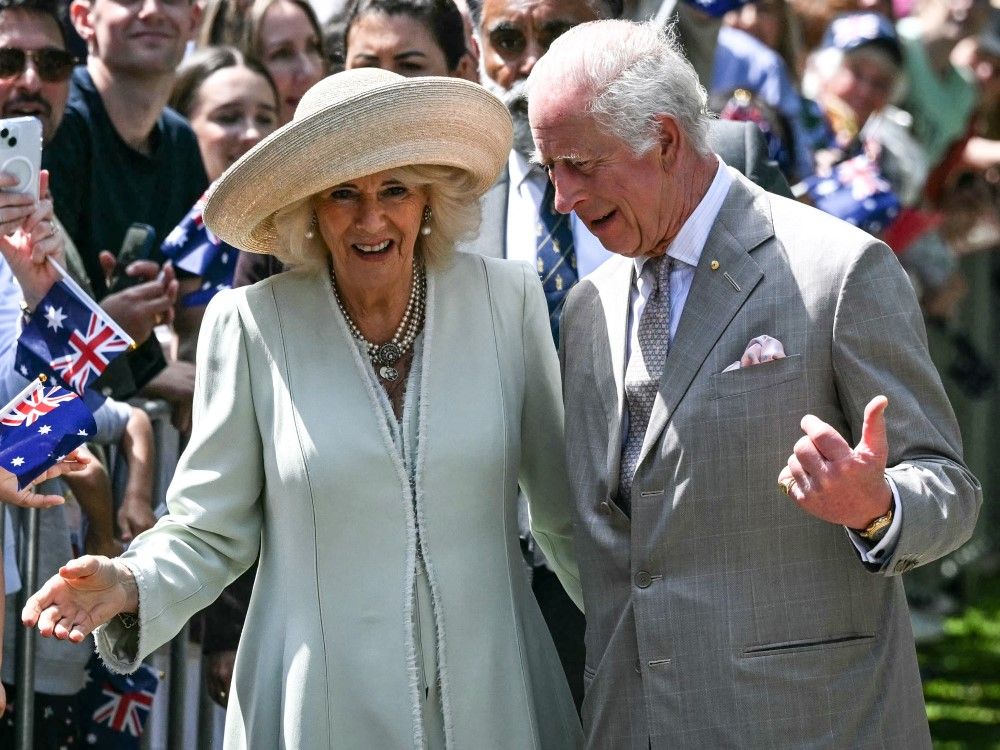
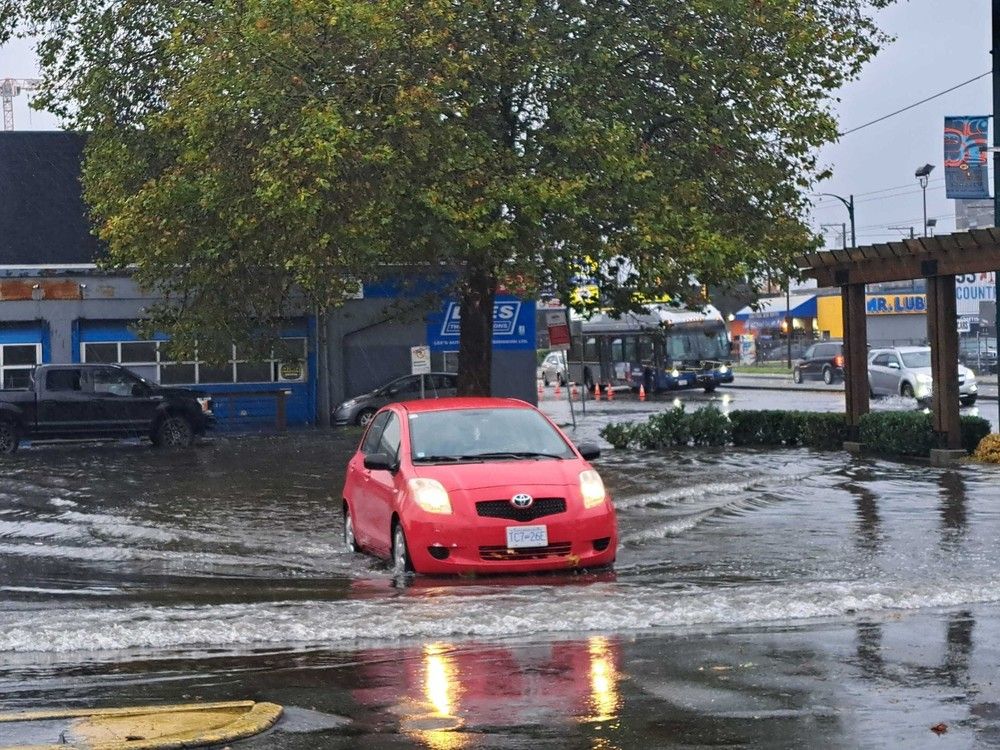

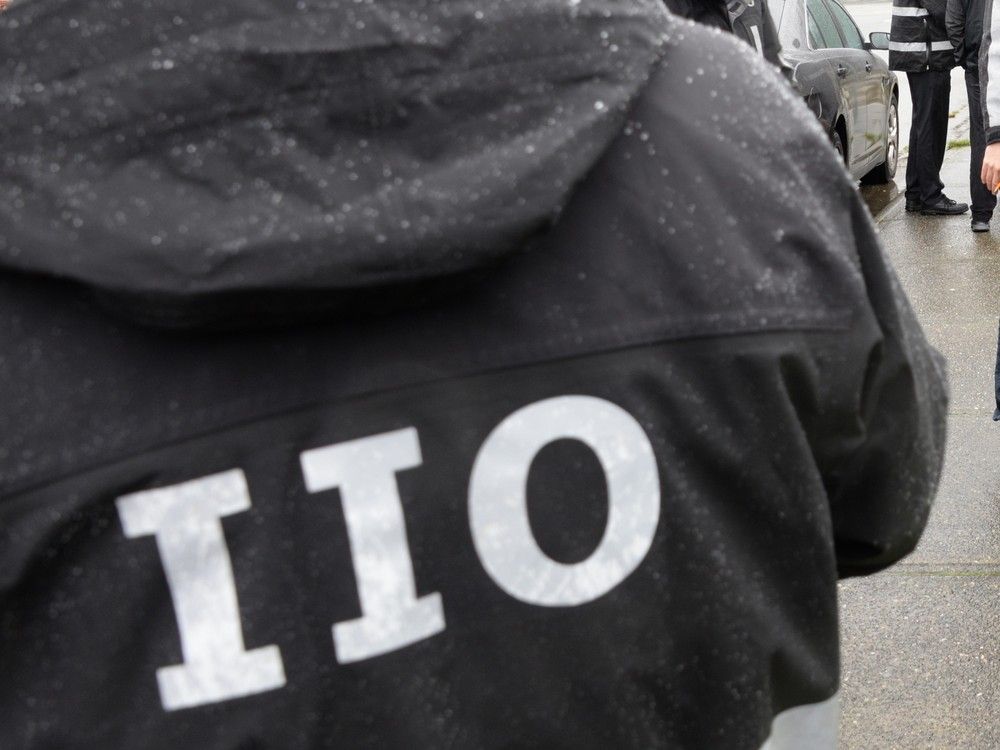


















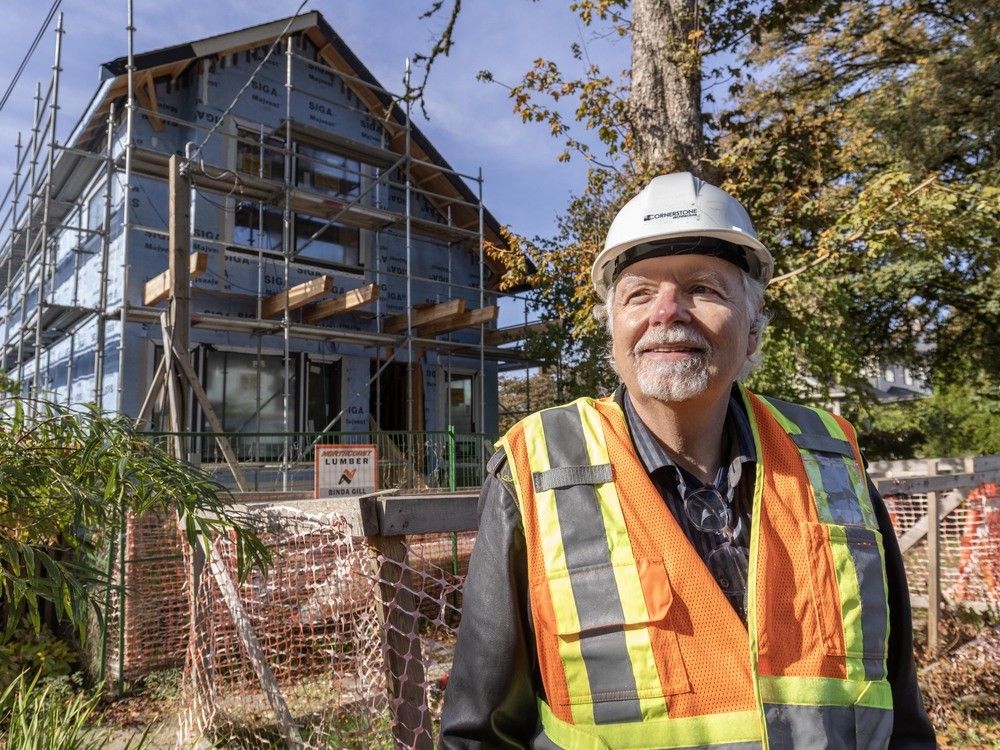


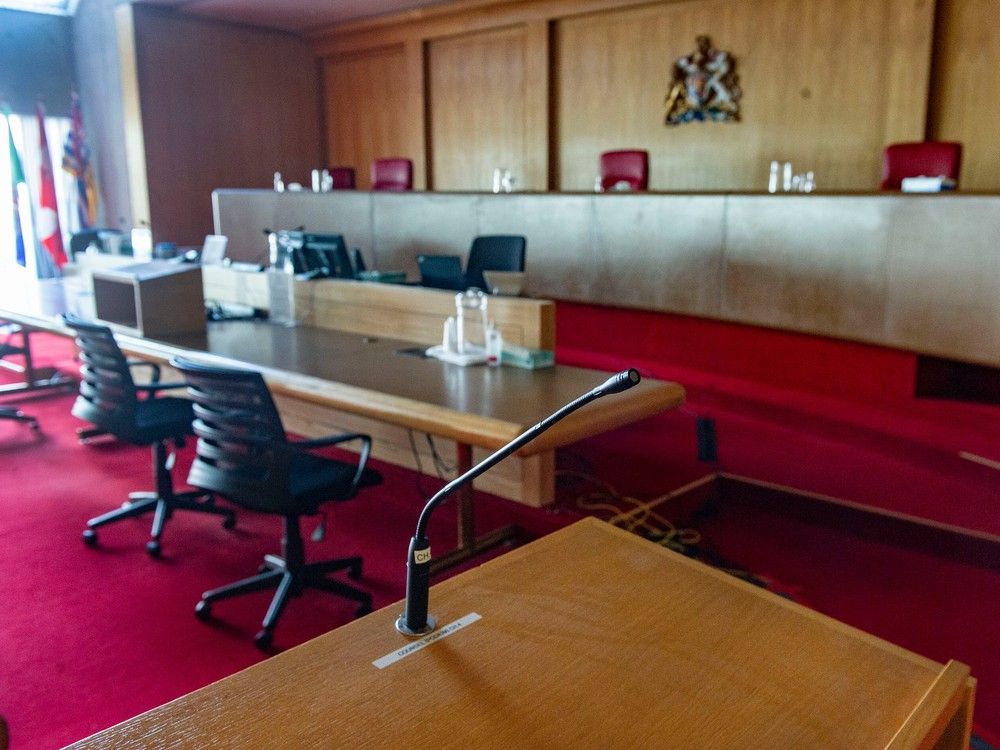






 Bengali (BD) ·
Bengali (BD) ·  English (US) ·
English (US) ·